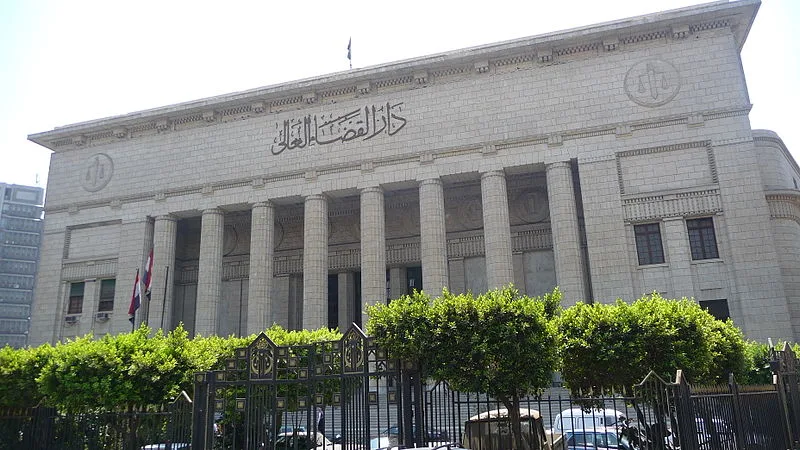The Egyptian Labor Law No. 12 for 2003 (the “Labor Law”) granted the employer various rights to protect the reputation of its organization and business. One of these rights is the dismissal of an employee who is sanctioned with penalties that are stipulated for a felony or with freedom-limiting penalty in relation to a crime against honor or integrity or public morals.
Due to the various claims for arbitrary dismissal, the court of cassation put an end to the misinterpretation and misapplication of article 129 of the Labor Law in its recent judgement which established that the employer’s right to dismiss an employee who is convicted with a felony or a misdemeanor against honor or integrity or public morals is an “Exceptional Right”.
Summary of the Dispute
In 2014, an employee (plaintiff) filed a complaint before the labor office in Aswan against the employer (defendant) for unlawfully terminating the employment contract after being placed in a pre-trial detention for joining a banned group. As a settlement could not be reached, the documents were referred to Aswan elementary court.
The employee requested the court to render a judgement to annul the decision terminating his employment contract, to be returned to his work and to order the employer to pay the employee the severance pay, his wages for the remaining period of his employment contract, moral and material damage. After three years, the employee requested the court to render a judgement ordering the employer to pay the cash return for leave days, compensation and legal interest.
The case was referred to the expert’s office, where the expert submitted his report with the entitlement of the employee to the cash return for leave days plus interest and dismissed the rest of the claims.
Both disputing parties challenged the first instance court’s judgement by appeal where the appeal court decided bringing both challenges together. The court referred the case to a tripartite committee of experts.
After the expert’s committee submitted its report, the appeal court in the first challenge rendered its judgement with (1) dismissal of the appealed judgement with respect to rejecting the employee’s request to invalidate the termination of the employment contract decision and compensation, (2) a compensation for the arbitrary dismissal.
In the second challenge, the appeal court rendered its judgments with the amendment of the appealed judgement with respect to the amount of cash return for leave days and interest.
Where the appeal court’s judgement did not satisfy the appellant (the employer) the latter challenged the judgement by cassation.
The Right to Dismiss an Employee for a Felony or a Misdemeanor against Honor, Integrity or Public Morals is an Exceptional Right
The Court of Cassation emphasized that determining the justification for the employee’s dismissal is subject to the discretion of the trial court.
Furthermore, the Court of Cassation established that the legislator made the conviction of a felony of any kind a justified reason to dismiss the employee who was convicted with such crime, but it did not make the conviction of a custodial penalty a reason for an employee’s dismissal unless this penalty was imposed for a crime against honor, integrity or public morals.
This ruling held that this kind of dismissal differs from the disciplinary dismissals provided under article 69 of the Labor Law. Therefore, it is an “exceptional right to terminate” provided by the legislator for the employer to maintain the reputation of its organization and business.
In addition, the court of cassation held that the exceptional right of the employer to terminate is only available to employers if a final judgement of conviction against the employee is issued. The appellant (the employer) in this dispute abused its right to terminate because the final decision of conviction was not yet rendered, even if the employee was convicted after the issuance of the termination decision.
Therefore, the Court of Cassation found that the appellant’s decision to terminate the employee’s employment contract between the period of his pre-trial detention, release and final judgement of conviction is an abuse of right and a violation to the provisions of the law.
Conclusion
Since the entry into force of the Labor Law, there were various claims for arbitrary dismissal based on employers’ right to terminate the employment contract according to article 129 of the Labor Law. The Court of Cassation has finally put an end to the misinterpretation and misapplication of such right to terminate the employment contract by the employer by confirming that this is an exceptional right granted for the protection of the employer’s organization and business reputation provided that such decision is issued based on a final judgement of conviction of a felony or misdemeanor against honor, integrity or public morals.
In light of the conclusions provided by the court of cassation, courts are expected to rely on this judgement as guidance for the numerous disputes invoking article 129 of the Labor Law.



